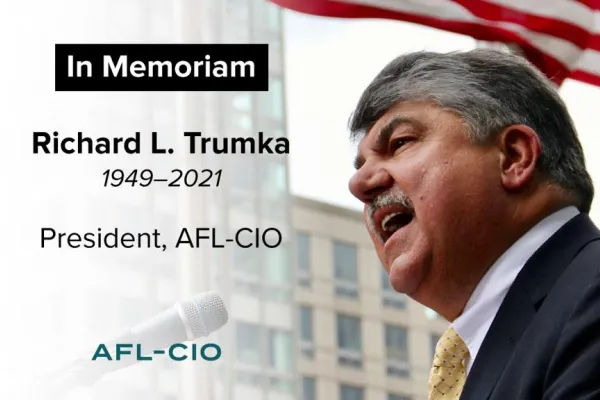News
North Dakota AFL-CIO 2022 Legislative Endorsements
News
Read More > North Dakota AFL-CIO 2022 Legislative Endorsements
North Dakota AFL-CIO 2022 Legislative Endorsements
North Dakota AFL-CIO 2022 Legislative Endorsements
A New Way to File Taxes
A RESOLUTION TO OPPOSE THE REPEAL OF THE PROPERTY TAX IN NORTH DAKOTA
News
Read More > A RESOLUTION TO OPPOSE THE REPEAL OF THE PROPERTY TAX IN NORTH DAKOTA
A RESOLUTION TO OPPOSE THE REPEAL OF THE PROPERTY TAX IN NORTH DAKOTA
A RESOLUTION TO OPPOSE THE REPEAL OF THE PROPERTY TAX IN NORTH DAKOTA
Recent
In Memoriam: Richard L. Trumka (1949-2021)
Black Unemployment Matters Just as Much as White Unemployment
Congress Must Take Action to Protect Workers
Labor Movement Leads PRO Act Events in Backyards of All 100 Senators
To Build Back Better, Give Workers a Voice and a Stake
Black Unemployment Matters Just as Much as White Unemployment


